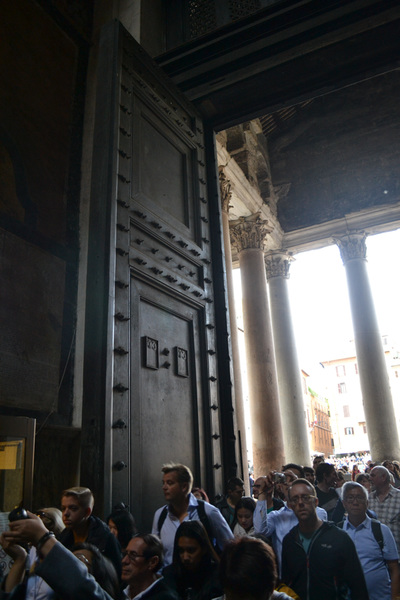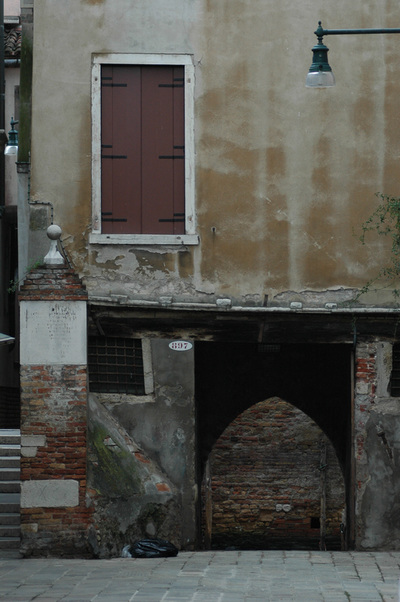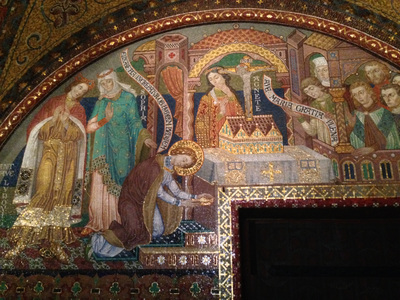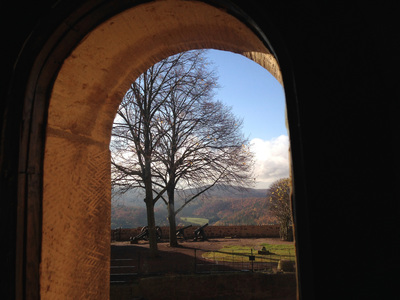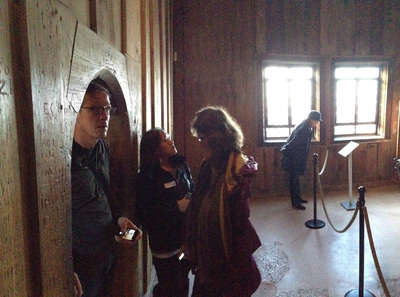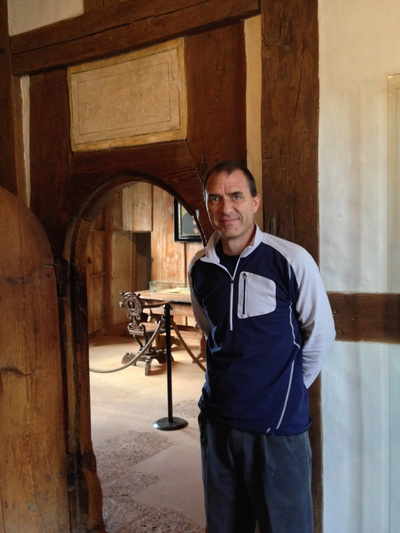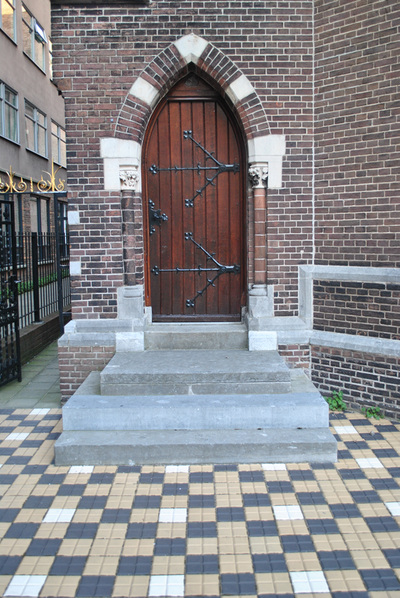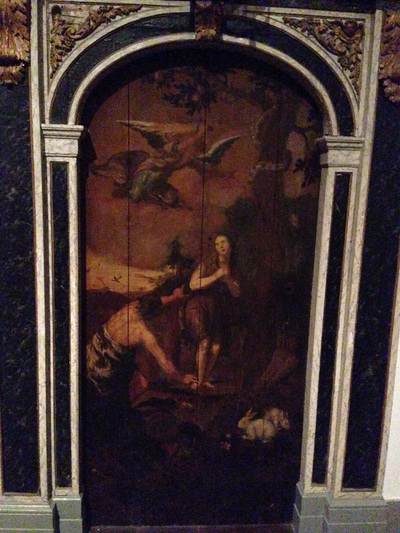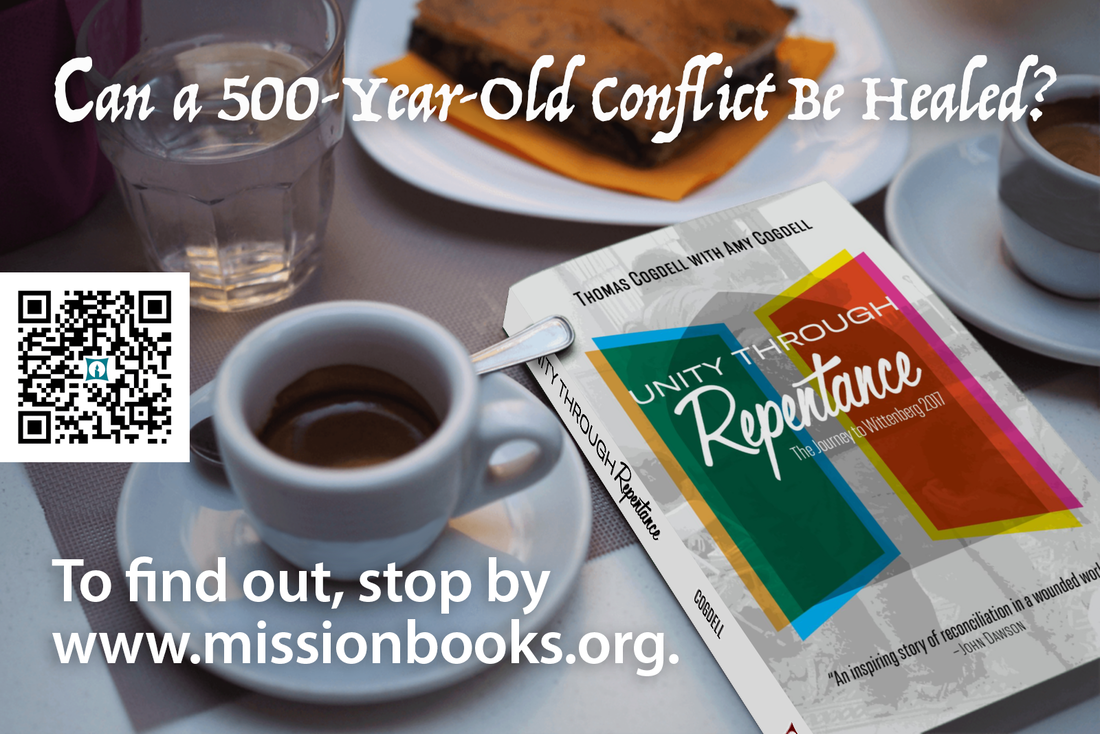Frequently Asked Questions
Are you affiliated with the German government?No. We acknowledge that the German government, in concert with the German Lutheran Church, is planning festivities to commemorate the 500th Anniversary of the Reformation. We affirm and pray for God’s blessing on these planned celebrations, recognizing they will be primarily historical in focus. Our work is distinct because it is an international grass-roots initiative emphasizing prayer, repentance, reconciliation and unity. We believe the commemorations and efforts ofWittenberg 2017 hold the potential of sending ripples of hope and unity through the Body of Christ. We have been delighted to hear that the official German Lutheran commemorations may incorporate some elements of grieving, repentance, healing, and work towards unity. Are you affiliated with official committees working on theological reconciliation?No, though some members of these types of official efforts also participate in our initiative. We affirm the work of these committees, pray for them to be fruitful, and praise God for the significant progress that has been recently made towards official statements of unity. Are you affiliated with other initiatives working towards Christian unity?We are informally and relationally connected to many such initiatives. Truly we are living in a special time when God is doing so much, on so many fronts, to unite His church. None of us has the whole picture. We pray for God’s hand to be on other reconciliation efforts. We desire to promote them where appropriate, and collaborate where it would be fruitful. It is helpful that members of our International Council, Board of Advisors, as well as other participants in our initiative also participate in some of these initiatives. How are you different from other organizations commemorating the 500 year anniversary of the Reformation?Repentance is an important and distinct facet of the work of Wittenberg 2017. While repentance is a common theological term, it is an infrequently-used term in today’s Church and world. The term can make people feel uncomfortable and guilty, thus it is often avoided. Scripture is clear, however, that we are called to repent when we have done wrong, when forgiveness is needed, and when we engage in the hard work of healing and reconciliation. While there are many things for which the Church and Christians around the globe may feel led to repent, two significant areas of focus for Wittenberg 2017 are the sins of arrogance and ignorance. These two sins have impacted the Church and Christians through the centuries and continue tohave their effect today. What do you mean by "unity"?By "unity," we mean relational unity. As our Guiding Principles outline, we believe diversity strengthens the Church, including styles of worship and forms of governance. Amidst this diversity, we believe greater relational unity holds the potential of bringing healing and reconciliation, and serves to encourage, empower, and embolden the Body of Christ. We are encouraged that the term "reconciled diversity" is gaining traction among leaders in the body of Christ. Who is involved in Wittenberg 2017?The individuals involved in Wittenberg 2017 come from a wide range of backgrounds, Christian faith traditions, and geographic locations. They include academics, artists, bishops, business executives, educators, engineers, homemakers, lawyers, monks, nuns, pastors, priests, retirees, scientists, students, theologians and professional translators. A number of German Lutherans have taken significant ownership, which is not only appropriate but necessary. Others come from various Protestant streams both mainline and non-denominational, the Roman Catholic Church, and the Messianic Jewish faith tradition. They reside in numerous countries in Europe, the Middle East, and North America. For several years now they have been engaging in conversations and gathering together around the issue of reconciliation. They believe key elements to reconciliation include prayer andrepentance. If you would like to be involved please connect with us through the Contact page, or through various other means including registering for the 2017 gathering or becoming involved in The 500 Days. Can I donate to support this initiative? Where do donations go?Yes! There is a Donate button at the bottom of each page that allows you to give online. Donations will be processed by a US non-profit called Christ the Reconciler, and donations are tax-deductible. We process our donations through Christ the Reconciler because it allows us to avoid the overhead of a separate non-profit organization. (In Europe, Wittenberg 2017 donations are similarly processed through related organizations such as TJCII in Germany.) If you prefer to mail a check, make it payable to "Christ the Reconciler" and put "Wittenberg 2017" in the memo line. Mail the check to Wittenberg 2017, 2142 FM 1704, Elgin TX 78621. Thank you! Where do the door photos on the website come from?Almost all of the door photos were taken by leaders in the Wittenberg 2017 initiative, on their various travels in the US, Europe and elsewhere. Each photo is linked so that you can view it in a larger window. Except for the photos on the front page, please feel free to download and use any photo you find on the website. The photographer will retain the copyright, but gives you permission to use the photo, as long as it is not for purposes that are obviously inconsistent with our beliefs or principles. |
